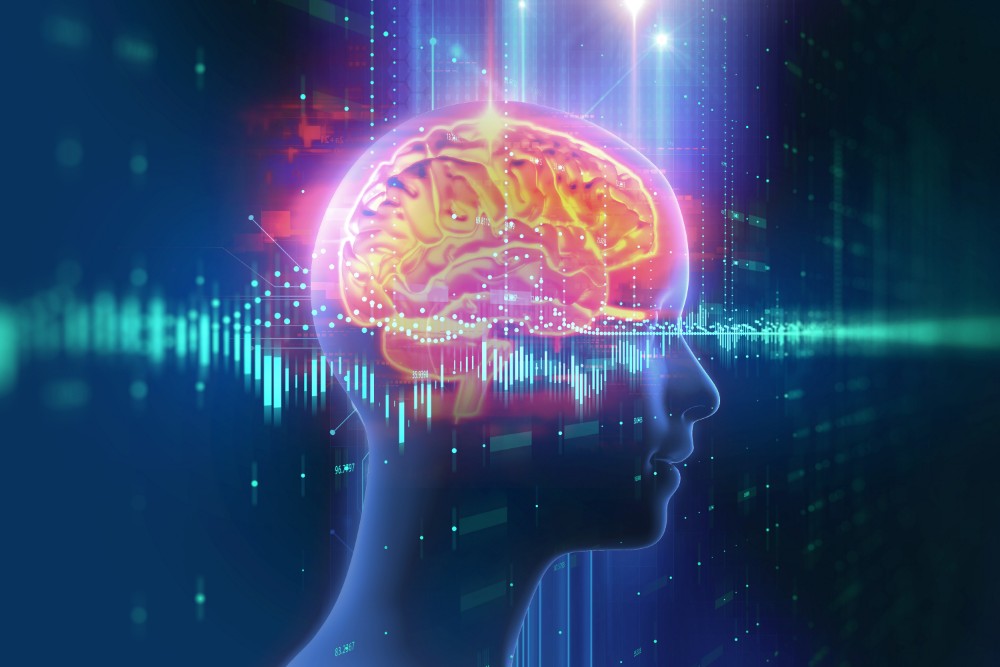
When it comes to the gut, there are many things to know about how it works. The system is embedded in the lining of the gastrointestinal tract, beginning at the esophagus. The enteric nervous system operates independently from the brain and can function without it. There is two-way communication with the brain and central nervous system via parasympathetic fibers of the vagus nerve and sympathetic fibers of the prevertebral ganglia. This gut-brain axis links the emotional and cognitive centers of the brain with intestinal function. It may also play a role in addiction.
How it Works
The gut-brain axis is modulated by neurotransmitters, the immune system, hormones, and other organisms in the intestines. The nervous system affects what happens in the rest of the body, including the brain. It contributes to anxiety, satiety, mood, learning, and memory. All of these factors play a role in mental health and addiction. The brain gets the message before anything else and may react with symptoms of anxiety, depression, or other mental health issues. The enteric nervous system uses 30different neurotransmitters, including memory, motivation, and hapipness.
The Heart
The heart is called the ‘third brain’ because it has over 40,000 neurons that work independently of the brain so that it can process information, make decisions, and demonstrate learning and memory. It is also responsible for secreting hormones, including oxytocin, known as the ‘bonding’ hormone. When it comes to the heart, it is important to keep it healthy.
Gut Health and Alcoholism
Bacteria in the gut may play a role in addiction to alcohol, and subsequent relapse for some people. Alcohol addiction is often associated with an imbalance in the intestinal flora. This is known as ‘leaky gut,’ where people end up with a low amount of intestinal bacteria. Leaky gut is linked to inflammation and Crohn’s disease, food allergies, asthma, and arthritis.
Mental Health
Mental illness, including bipolar, depression, anxiety, and psychotic disorders, are not caused by trauma or stress, or nutritional deficits. These are caused by an imbalance in the body and inflammatory conditions. Social and psychological stressors impact the immune system and growth of favorable species in the gut, causing inflammation. This may have a direct connection to the brain.
Solving the Riddle
Figuring out how to handle the issues that pop up means looking at all the challenges people face in recovery with gut health being primary. Probiotics can help, along with being totally abstinent from caffeine, alcohol, and sugars which can create more inflammation. Another study found people with depression may suffer from too much of certain bacteria in the gut that are overly abundant and eating yogurt or other food with probiotics may be helpful.
Keeping the gut healthy and strong is key to finding hoping again for people with addiction. They can recover gut health as long as they are able to repair the damage with the right help and nutritional guidance to rebuilt their flora from the ground up, much like with everything else in recovery.
Guest House teaches people how to live good lives in recovery and find hope after addiction. Our goal is to teach recovery tools, nutrition, and other things people need to find healing. Our recovery program is staffed by people who understand the power of addiction. For more information on sober living programs for men and women as well as recovery programs, call 855-483-7800.